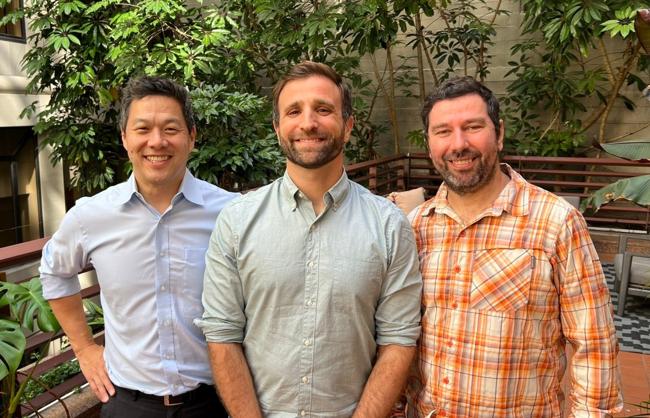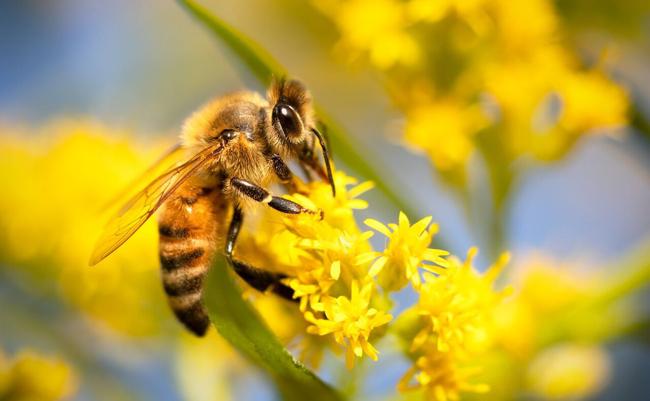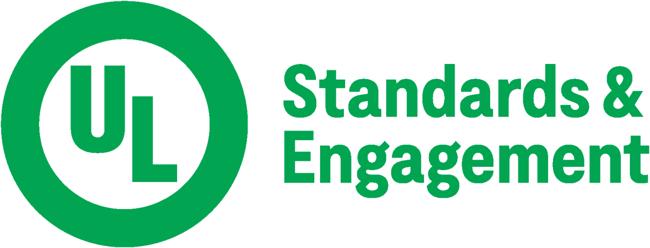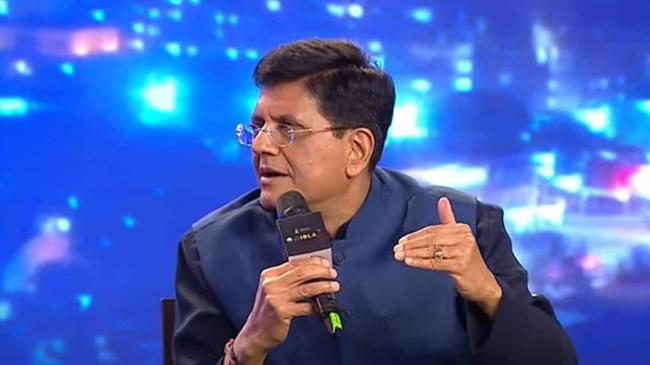Summary
Animals, demonstrations, free samples, live music, local foods to purchase, tent talks and much more gave visitors a plethora of things to explore and learn about.
Source: Sun Journal

AI News Q&A (Free Content)
Q1: What are some key sustainability practices highlighted at the Maine Fiddlehead Festival, and how do they support local food systems?
A1: The Maine Fiddlehead Festival emphasizes sustainability through activities such as plant-based soil fertility demonstrations, sustainable fiddlehead harvesting, and a focus on local food producers. These practices support local food systems by encouraging the consumption of locally sourced foods, reducing food miles, and educating the public on sustainable agriculture. The festival also includes educational Tent Talks, farm animal exhibits, and presentations on eating locally, all designed to foster a deeper community appreciation for sustainable food choices.
Q2: How does the concept of 'food miles' relate to sustainability, and what innovations are being developed to minimize them according to recent research?
A2: 'Food miles' refer to the distance food travels from its origin to the consumer, and minimizing them reduces carbon emissions and supports local economies. Recent research, such as the 'Sustainable Recipes' project, connects consumers with local organic ingredient providers and recommends recipes that use ingredients with the shortest travel distance. This approach not only lowers environmental impact but also bridges the gap between food supply chain management and consumer choices, thus promoting sustainability at the individual and community level.
Q3: What are the latest scholarly innovations in food packaging that contribute to sustainability and food waste reduction?
A3: Recent advancements include the development of battery-free, autonomous smart packaging systems that monitor food freshness in real time and release active compounds to prevent spoilage. Such packaging solutions, highlighted in a 2024 research paper, use wireless technology and sensors to adapt to changes in the food environment, thereby extending shelf life and reducing food waste—an important aspect of sustainable food systems.
Q4: How are information and communication technologies (ICT) enhancing sustainability in regional food supply chains?
A4: ICT innovations like the Open Food Network (OFN) are improving sustainability by linking farmers with local markets and consumers, optimizing food distribution, and enhancing the welfare of regional communities. These platforms facilitate direct access to fresh local produce, improve economic opportunities for small-scale producers, and support more resilient and sustainable food supply chains.
Q5: What role do bioplastics play in combating plastic pollution within food festivals and the broader food industry?
A5: Bioplastics made from food protein by-products such as whey offer a sustainable and biodegradable alternative to conventional plastics, as shown in a 2021 study. These materials can be produced through scalable, water-based processes and are fully integrated within a circular economy. Their adoption by food festivals and the food industry can significantly reduce plastic waste and its environmental impact, aligning with global sustainability goals.
Q6: What are the challenges in monitoring and managing plastic pollution at large events, and what technological advancements are addressing these issues?
A6: Marine plastic pollution arises from various sources, including festivals and large public events. Recent advances in remote sensing image analysis enable better monitoring of marine debris and plastics by providing informative earth observation data. However, challenges remain in image accuracy and real-time detection. Continued technological development is crucial for improving the effectiveness of plastic pollution management measures during such events.
Q7: How are blockchain technologies being utilized to enhance transparency and accountability in environmental sustainability efforts?
A7: Blockchain technology is increasingly used to monitor greenhouse gas emissions, solid waste, and food waste through unbiased, verifiable record-keeping. It provides mechanisms for incentivizing and enforcing sustainable practices by ensuring accurate tracking of environmental data. This transparency helps organizations and regulators assess the effectiveness of sustainability initiatives and fosters greater accountability in environmental management.
References:
- UMF celebrates local food with annual Fiddlehead Festival, April 27 - https://www.umf.maine.edu/2024/04/umf-celebrates-local-food-with-annual-fiddlehead-festival-april-27/
- Sustainable Recipes.





